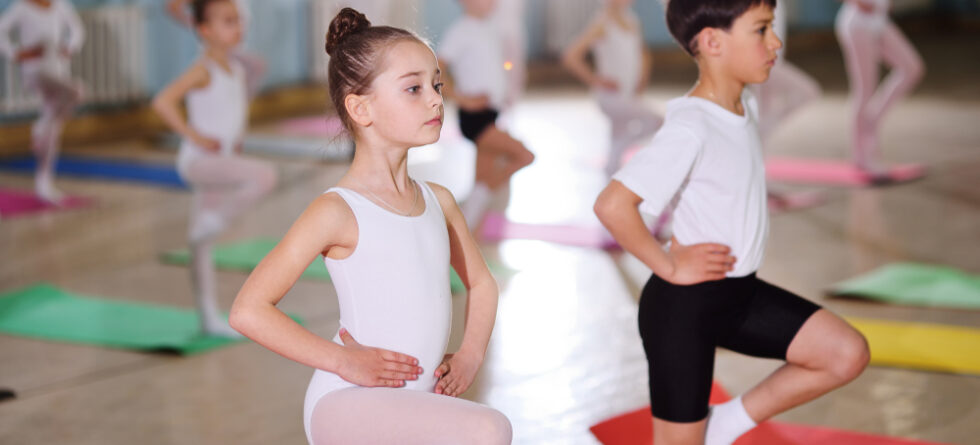Gymnastics is a sport that combines strength, flexibility, balance, and coordination, and starting young can have numerous benefits. Regardless, it’s necessary to consider the appropriate age for children to begin gymnastics, focusing on their physical readiness and ensuring a positive introduction to the sport. Let’s explore the ideal starting age for young gymnasts and how early engagement can lay the foundation for future success.
Understanding the Ideal Starting Age
While there’s no one-size-fits-all answer, most experts agree that children can start gymnastics classes as early as 2 to 3 years old. These early years are crucial for developing fundamental motor skills and introducing children to the basics of gymnastics in a fun and safe environment.
Toddler Gymnastics (Ages 2-3)
At this stage, gymnastics is less about skill acquisition and more about exploration and play. Classes for toddlers typically focus on…
- Developing Basic Motor Skills – Running, jumping, and tumbling.
- Enhancing Coordination and Balance – Through simple gymnastics movements.
- Social Skills – Learning to take turns, follow instructions, and interact with peers.
Preschool Gymnastics (Ages 3-5)
As children grow, they can engage in more structured gymnastics activities. Preschool classes build on the foundational skills learned in toddler classes, introducing…
- More Complex Movements – Such as rolls, handstands, and basic beam work.
- Strength and Flexibility Exercises – Tailored to young children’s abilities.
- Confidence and Independence – Encouraging children to try new things in a supportive environment.
The Benefits of Starting Young
Starting gymnastics at a young age offers numerous benefits, including…
- Physical Development – Gymnastics promotes strength, flexibility, coordination, and overall physical fitness.
- Cognitive Skills – Following instructions and learning routines enhance memory and concentration.
- Social Interaction – Gymnastics classes provide a great opportunity for children to interact with peers and develop teamwork skills.
- Confidence Building – Achieving new skills and overcoming challenges boost self-esteem and confidence.
Safety and Readiness
While starting young has its advantages, it’s crucial to ensure children are ready and that classes are conducted safely. Look for programs that…
- Are Tailored to Young Children – With age-appropriate activities and equipment.
- Emphasize Safety – Coaches should be trained in early childhood development and gymnastics safety.
- Focus on Fun – The primary goal is to foster a love for gymnastics and physical activity.
Conclusion
The journey into gymnastics can begin as early as 2 to 3 years old, with programs designed to introduce children to the sport in a fun, safe, and developmentally appropriate manner. Starting gymnastics at a young age lays the groundwork for physical, cognitive, and social development, providing a strong foundation for future gymnastic success and a lifelong appreciation for physical fitness. The focus at this age should always be on enjoyment and developing a positive association with the sport, ensuring that children are eager to learn, grow, and excel in gymnastics.




